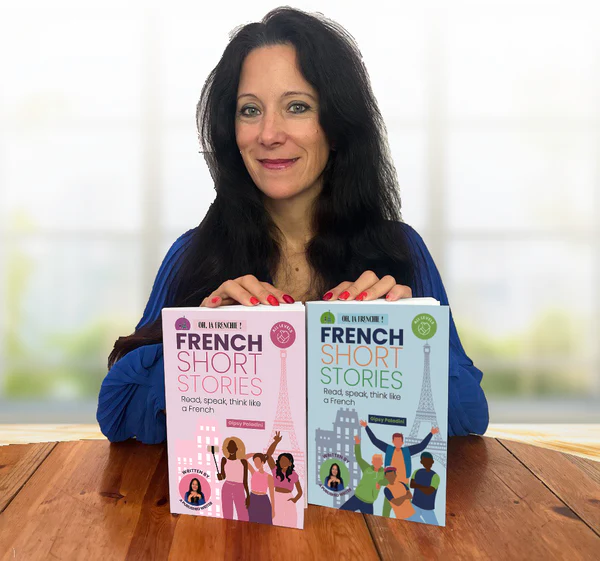
Learning French can be both exciting and challenging. While traditional methods like grammar exercises and vocabulary drills are essential, using short stories can significantly enhance your learning experience. This article will explore why short stories are an effective tool for learning French and how you can incorporate them into your language-learning routine.


a. Read for Comprehension:
b. Vocabulary Building:
c. Practice Pronunciation:
d. Engage with the Content:


Beginner:
Intermediate:
Advanced:
If you’re looking for a structured learning experience, check out French Short Stories – Read, speak, think like a french. A collection of short stories specifically designed for French learners. Each story is accompanied by vocabulary lists and comprehension questions to deepen your understanding.
€18.90 Original price was: €18.90.€15.90Current price is: €15.90.
Improved Vocabulary Retention:
Better Understanding of Grammar:
Cultural Insights:
Enhanced Listening and Speaking Skills:
Incorporating short stories into your routine will not only make learning French more enjoyable but also allow you to pick up the language naturally, without the stress of memorizing long lists of vocabulary and grammar rules.


Set Aside Dedicated Reading Time:
Combine Reading with Other Language Learning Activities:
Use Short Stories as Study Breaks:
Listen to Audiobooks While Doing Daily Tasks:
Engage with the Content Creatively:
By weaving short stories into your daily life, you’ll make learning French a natural part of your routine, helping you achieve fluency faster.
At Oh, La Frenchie, I offer engaging stories, podcasts, and personalized lessons for an enjoyable and immersive French learning experience.
© Powered by Oh, la Frenchie !